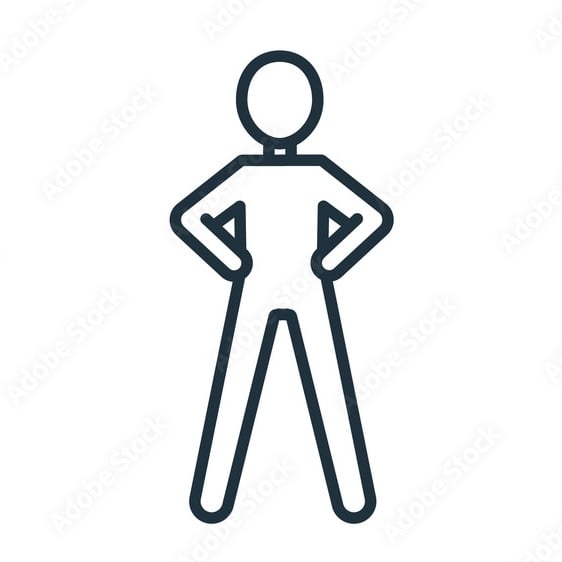
That was part of the issue. The father of the idea that handwashing can lower people getting puerperal fever and even other infections Ignaz Semmelweis was practicing in the 1840s in Vienna and during that time doctors were already top of working society. Because there was no idea of the germ theory of disease until later he was basically saying that first the doctors were responsible for deaths that could rise to 18% child birthing women in hospitals and secondly that they were unclean people. As gentlemen latter was offensive as that class of people both didn’t have to get their hands dirty in the way “lower” classes had to and if they got dirty definitely didn’t keep them dirty. Ignaz’s theory why didn’t help as he thought their hands were dirty with cadaver or animal carcass matter and not with invisible microbes.
That is also where white-collar and blue-collar worker terms come from. White collar workers didn’t have to get so too dirty working that they couldn’t wear a white shirt and collar (which was a separate piece of garment until the early 20th century).
Even though doctors washing hands lowered the puerperal fever deaths to about 1% in the maternity ward of Ignaz’s hospital handwashing didn’t really become a thing in hospitals at that point. It needed many other people to get it through in 1850s and 1860s.










deleted by creator